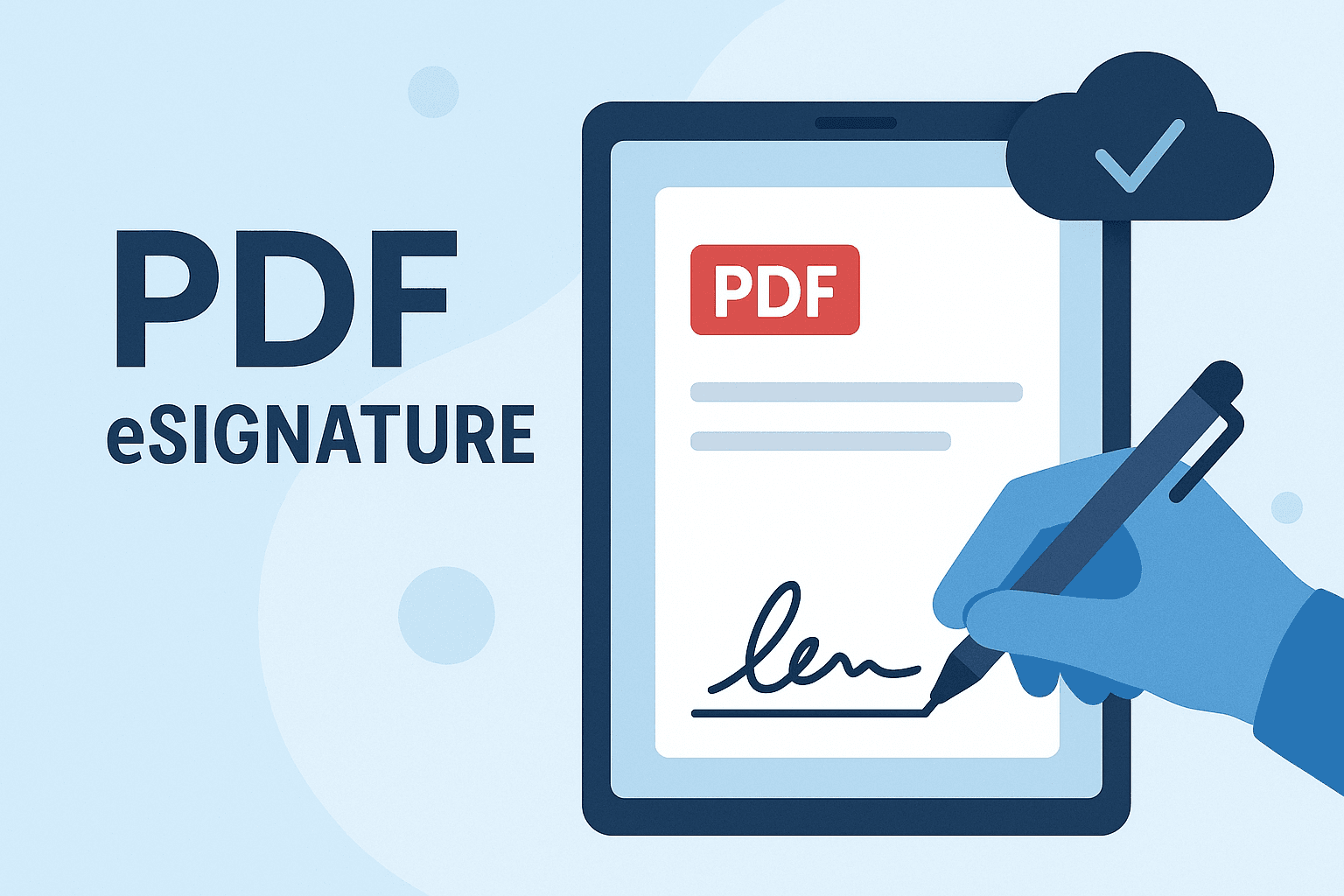Do digital certificates cost money?





Do Digital Certificates Cost Money?
In today’s digital world, electronic documents and online transactions have become the norm. But how do you make sure that a digital document is authentic and hasn’t been tampered with? The answer lies in digital certificates. While digital certificates play a key role in ensuring document integrity and verifying identities, many people still ask: “Do digital certificates cost money?” The short answer is — yes, often they do, depending on the type, issuer, and legal regulations in your region. In this article, we’ll explore digital certificates in depth, their associated costs, and what influences pricing, especially with an emphasis on regional compliance such as in Hong Kong and Southeast Asia.
What Is a Digital Certificate?
A digital certificate is a cryptographic credential that verifies the identity of a person, organization, or device. It’s like a passport in the digital world—it contains information such as the certificate holder’s public key, identity, issuer details, and an expiration date. Digital certificates are critical in public key infrastructure (PKI), where they enable secure online communications and trust in digital signatures.
These certificates are typically issued by a trusted organization known as a Certificate Authority (CA), such as Symantec, GlobalSign, or eSignGlobal. When someone digitally signs a document, their certificate validates their identity and ensures the file hasn’t been changed since signing.
Do You Have to Pay for a Digital Certificate?
Yes, in most cases digital certificates cost money. The price can vary significantly based on factors like:
- The type of certificate (e.g., personal, organizational, code signing, SSL/TLS)
- The length of validity (1 year, 2 years, etc.)
- The Certificate Authority issuing it
- Region-specific legal requirements
For example, a simple personal digital signature certificate might cost as little as USD $10–$20 annually, while an enterprise-level digital certificate used for code signing or document authentication could cost several hundred dollars per year.
Some platforms may offer free digital certificates for internal use or limited personal needs, but these often lack the cross-border compliance or legal admissibility required in business transactions.

Why Do Digital Certificates Cost Money?
Issuing a digital certificate isn’t like stamping a document; it requires rigorous identity verification processes. Certificate Authorities need to perform vetting procedures and maintain secure infrastructure to issue and manage certificates responsibly.
Here’s why charges are involved:
- Identity Verification: Issuers are obligated to confirm you are who you claim to be. This often involves background checks, document verification, and sometimes video KYC processes.
- Compliance: Many countries have laws requiring digital signature certificates to meet specific legal and technical standards, such as Hong Kong’s Electronic Transactions Ordinance (ETO).
- Infrastructure: Maintaining PKI systems, secure databases, and revocation services like CRLs (Certificate Revocation Lists) and OCSP (Online Certificate Status Protocol) isn’t cheap.
- Support and Updates: When you purchase a certificate, you’re often getting access to tech support, software updates, and secure storage for your keys and certificates.
Regional Regulations Matter
When you are selecting a digital certificate provider, it’s essential to ensure that they are compliant with regional e-signature regulations. For example:
- Hong Kong: Under the Electronic Transactions Ordinance (Cap. 553), a recognized digital certificate must be issued by a recognized certification authority. This is crucial for digital signatures to have the same legal weight as handwritten signatures.
- Singapore: Governed by the Electronic Transactions Act, and aligned with international standards, digital certificates must come from Licensed Certification Authorities.
- Malaysia and Indonesia: These countries also have specific Acts and laws in place (e.g., Digital Signature Act 1997 in Malaysia), which require use of certified, legally recognized digital certificate providers.
This is why internationally popular solutions like DocuSign may not always fulfill compliance requirements in all jurisdictions—especially if not paired with regionally approved certificate issuers.
Who Typically Pays for a Digital Certificate?
Depending on the context, the cost for a certificate may be borne by different stakeholders:
- Individuals: Freelancers, consultants, and government transactions often require individuals to obtain personal certificates for digital signing.
- Enterprises: Businesses using digital signing solutions (especially at scale) may require bulk or enterprise-grade certificates and pay more for them.
- Developers and IT Teams: Use digital certificates for code signing and securing software deployments.
However, the return on investment is substantial. You get verifiable security, faster document workflows, and often meet industry/legal requirements for digital interactions.

Free vs Paid Digital Certificates
It is true some providers offer free digital certificates, especially ones based on open-source models or with restricted use cases. Examples include:
- Free SSL certificates for websites (e.g., Let’s Encrypt)
- In-house digital certs for internal document approvals
- Limited-time trial certificates
However, such certificates often lack cross-border recognition, offer limited validity, or don’t meet specific legal standards in markets such as Hong Kong or Singapore.
Paid certificates, on the other hand, are longer-lasting, better supported, and typically legally compliant in multiple regions — making them more suitable for professional and business-critical use.

Conclusion: Are Digital Certificates Worth the Cost?
In conclusion, digital certificates generally do come with a cost, and rightly so. The expense reflects the level of security, compliance, and identity assurance they provide. When operating in regions with strict regulatory frameworks—such as Hong Kong under the ETO—selecting the right certificate provider matters even more.
While global services such as Adobe Sign or DocuSign are well-known, they may not always offer coverage that is specific to your regional legal context. That’s why many Hong Kong and Southeast Asia users are now seeking a localized, fully compliant alternative.
eSignGlobal — A DocuSign Alternative Made for Hong Kong and Southeast Asia
eSignGlobal offers legally recognized digital certificates that conform to local laws such as Hong Kong’s ETO, Malaysia’s DSA, and Singapore’s ETA. Whether you’re a business, professional, or government agency focused on compliant digital workflows, eSignGlobal ensures security, seamless signing, and regional compliance.


 Only business email allowed
Only business email allowed


